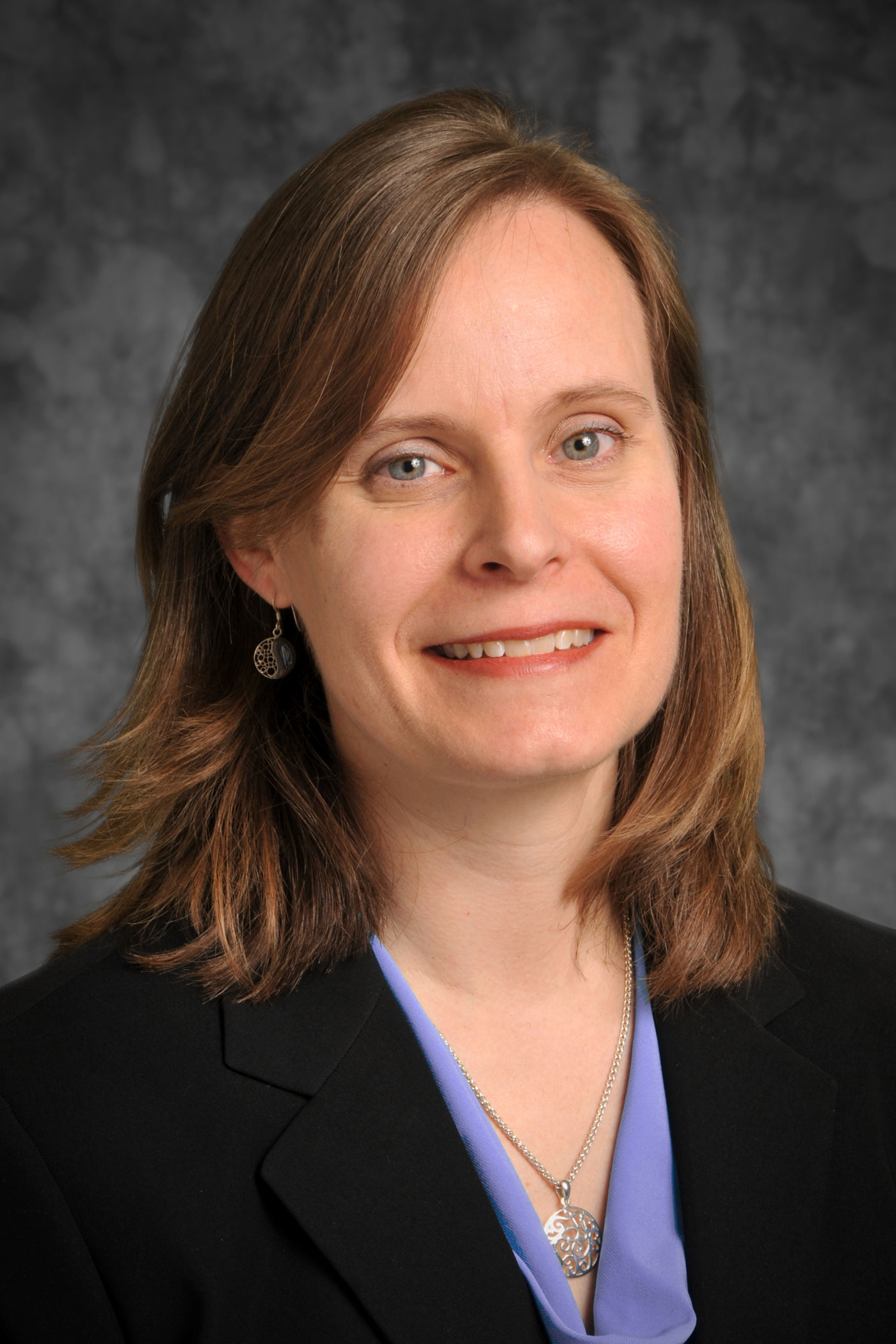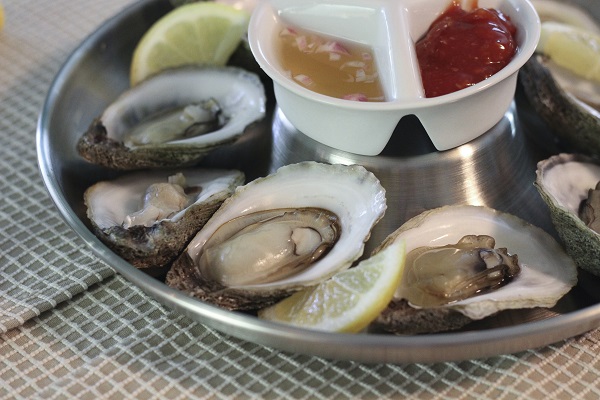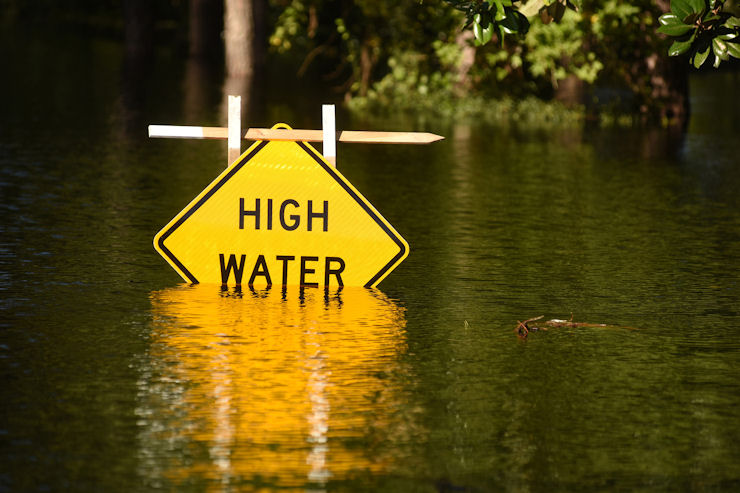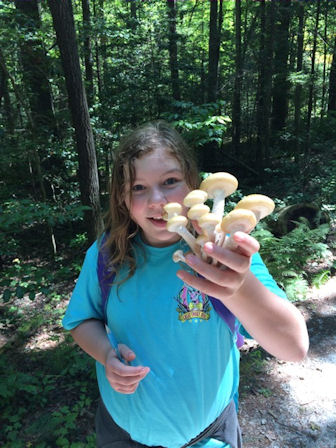FROM THE EXECUTIVE DIRECTOR: Linking Education to Understanding and Action

North Carolina’s coast and its inhabitants are a resilient lot. These days, and in the months ahead, many inland and coastal communities will be busy recovering from the impacts of Hurricane Matthew.
During this holiday season, you may remember these communities through their local or regional food banks and agencies, or the statewide Hurricane Matthew Fund, www.ncdisasterrelief.org.
Lessons from past hurricanes, such as Fran and Floyd, have better prepared our state for big storms, as well as for response and recovery efforts. Yet, Matthew’s impacts will long be felt across our state.
I am proud of the North Carolina Sea Grant team’s initiative — as individuals and as a unit — before and after the storm. For example, we helped disseminate NOAA weather and water information before and during Matthew. We also shared local information via social media to support communities afterward. In this issue, we report on initial impacts of Hurricane Matthew at the coast and along inland rivers.
But our role continues to evolve, such as working with communities coping with long-term impacts, helping conduct post-storm assessments, and collaborating to address communication and science needs moving forward. Look for updates in Coastwatch and our blog at ncseagrant.ncsu.edu/currents.
Clearly, lessons will come on many levels throughout the coming months, if not years, thus improving our state’s understanding and ability to plan for, and respond to, future storms. Ultimately, the goal is to support individuals’ and communities’ responses and long-term resilience.
Overall, research, education and communication investments are intimately linked throughout Sea Grant’s programs. Any one of these efforts, without the others playing a supporting role, is insufficient to address the varied and complex challenges for our coasts and communities.
Individuals need the right information at the right moment to support how they choose to act at any one point in time.
Educational research — the critical, often long-term, research efforts that underpin the communication of information for any age group — is an important investment for Sea Grant. Several educational research and communication investments are highlighted in the following pages. These varied efforts are aimed at kindergarten students to graduate-level scholars. The projects offer encouraging examples of linking knowledge to understanding. Equally important is the next step: individual and community actions and decisions that can benefit the environmental and economic sustainability of our coast and its communities.
Lessons from these projects have expanded educational impacts from an individual level to our state, and now to the southeastern United States. These are excellent returns on our investments — and promising news for the future of our coastal resources.
One of my greatest joys at North Carolina Sea Grant is that I learn something new daily. As I was transitioning into this program four years ago, I expected that my learning curve would level out at some point. Clearly, that’s not been my experience — and, frankly, I’d be disappointed now if it was.
My knowledge of our coastal communities and ecosystems continues to develop — through the excellence of our Sea Grant team and a broad suite of partners and programs. What truly energizes me is my evolving understanding of how these pieces of information and key collaborations combine to meet critical needs.
Plan now to join me at North Carolina’s Coastal Conference in April to learn about, reflect upon and piece together varied topics that affect our coast. Check out the event details on the back cover.
Such ongoing learning is critical to my ability to develop a robust and responsive program for our state. I sincerely thank our team and partners for all their efforts to advance knowledge, and especially for moving beyond data collection to develop collaborative programs that increase understanding at many scales.
That’s where the action is. That’s how change occurs. That’s how Sea Grant will continue to invest our energies and resources. We’re in this together. I welcome your partnership and support to expand our educational impacts across the state. As always, you can reach me at snwhite3@ncsu.edu. Learn more about our programs at ncseagrant.org.
This letter was published in the Holiday 2016 issue of Coastwatch.
- Categories:


